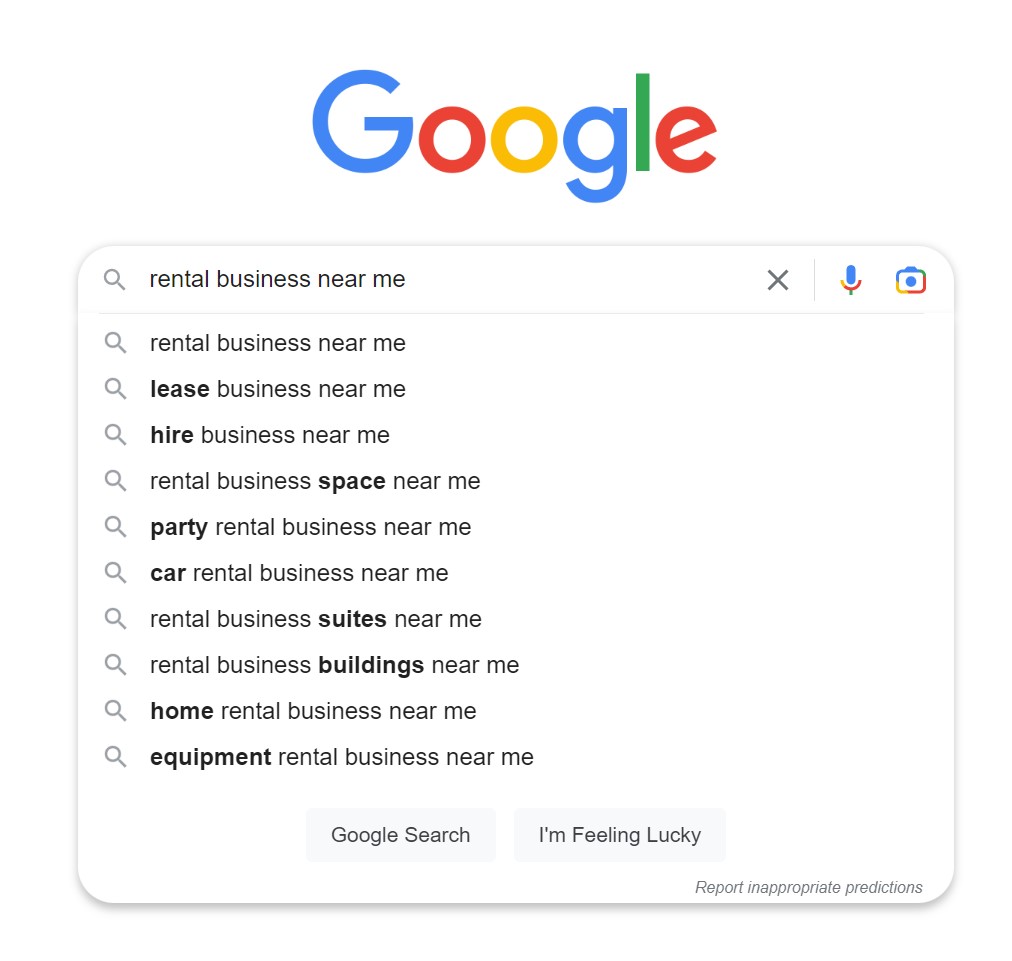

Content marketing for rental companies
Rental is growing, but it also makes the battle for customers tougher. How do you capture the attention of potential customers? How to build knowledge of the company? In this article, we look at how content marketing can help increase the supply of new customers for rental companies.
